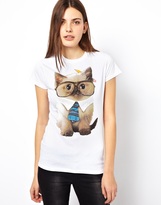What Is Bitcoin?
The Bitcoin Breakdown Even a 5th Grader Would Understand

Bitcoin this, bitcoin that. It's been five years this month since the virtual currency debuted, and people still don't have a total grasp on it. It seems like just when you think it's on the out, some news comes along that puts bitcoin back in the game. Time to stop scratching your head whenever you hear the word, because we're bringing you a supersimple bitcoin 101. Ready? Here goes.
First Things First: What's Bitcoin?
Think of it this way: bitcoin is a hard-to-trace digital currency that can be transferred instantly — poof! — between two people. You wouldn't be wrong to compare it to something like electronic cash.
Bitcoin — and the currency's main resource website, Bitcoin.org — isn't a company, per se. It's a network run by developers, community members, and currency users from around the world, kind of like email when it was first created.
Who Invented It?
No one knows for sure except that in January 2009, someone using the pseudonym Satoshi Nakamoto unleashed bitcoin on the world. Here are some guesses about his real identity: he's in his late 20s and he lives in Japan. Basically, he might as well be invisible.
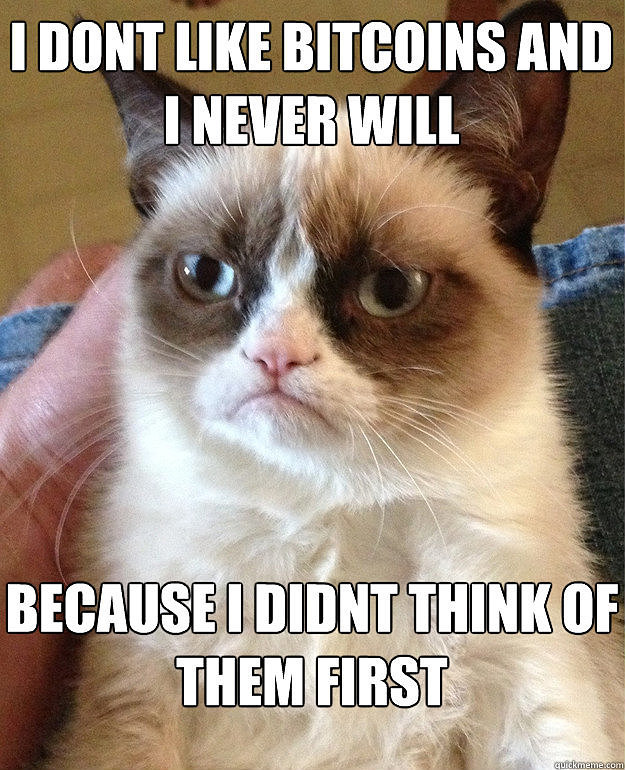
Where Do You Keep Bitcoins?
A little like cash, you store your bitcoins in a wallet, except this one's virtual. You use it to send and receive bitcoins under a number that won't give away your identity.
We know of a couple of different types of bitcoin wallets. Software wallets live on your computer. Several different companies like Armory and Multibit offer the service, which varies depending on factors like user-friendliness, backup features, and memory space. Wallets also come in app form, brought to you by companies like Coinbase and Blockchain.
This is what one bitcoin wallet app looks like:
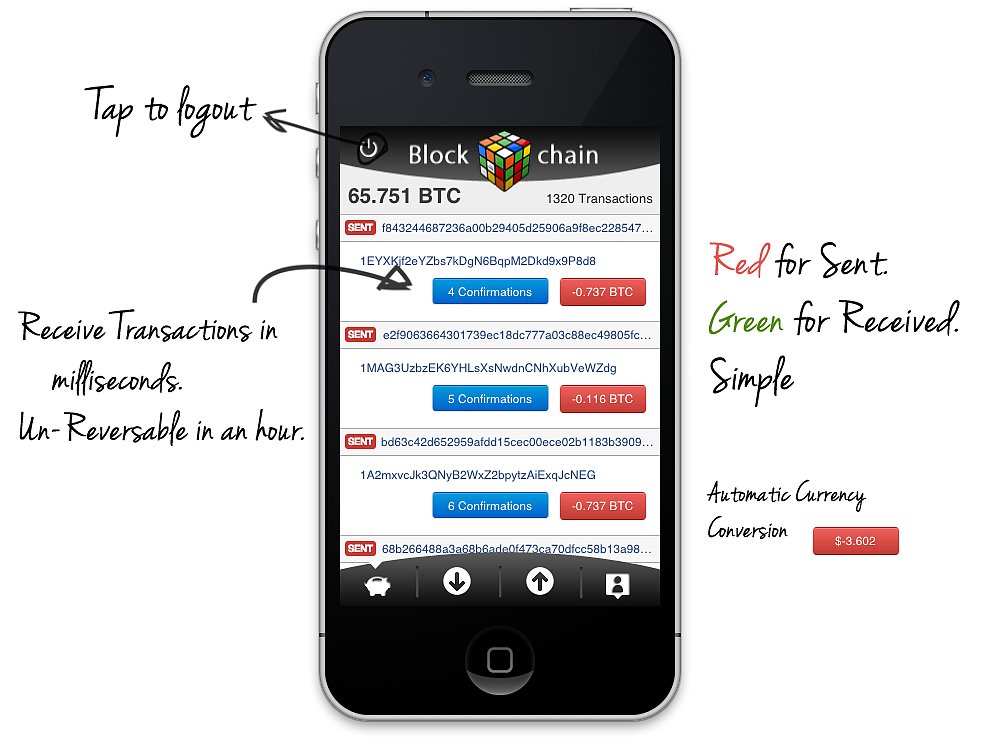
So, Can You Touch Bitcoins?
No. "They just don't exist," says Ryan Straus, a bitcoin expert and financial services attorney at the law firm Riddell Williams. Physically, at least, they don't exist. A bitcoin is essentially a number tied to a bitcoin address. (The one guy who tried to make physical bitcoins with the number embedded inside was shut down by the government, but is planning to get back in production soon.) As proof, every transaction between different addresses is recorded as a public record in something called a block chain.
"It throws out everything we know about time and money," says Straus, who has served as a speaker on national bitcoin panels. "It's such a fascinating new way to interact with people over the Internet."
Wait, Then Why Are There Bitcoin ATMs?
You mean the bitcoin ATM that exists in Vancouver in British Columbia, Canada, and the one that's coming to New York City? All they do is let you insert dollar bills into the machine and get bitcoins dumped into your bitcoin wallet in return. You can also trade in your bitcoins and pull out cash from the ATM. Ca-ching!
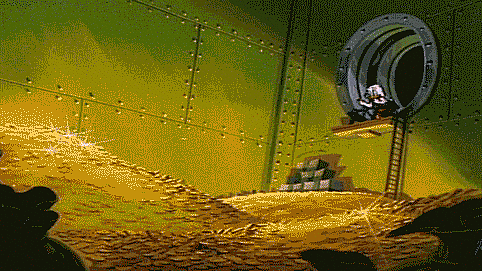
But How Do You Get Bitcoins in the First Place?
There are a few ways. Some generous soul can just give them to you, you can buy them with dollars, or, if you're really up for it, you can create brand-new bitcoins by "mining" them. Mining requires solving a difficult math problem using software and the help of computer power to give you the address of the bitcoin. Because of this, mining isn't something the average person is likely to do. Feels like a treasure hunt, doesn't it?
For a more detailed breakdown of mining that's easy to understand, check out this fun animated video:
How Many Bitcoins Are There?
There's a cap. The number of new bitcoins released each year is automatically cut in half until there are a total of 21 million bitcoins in the world, according to the Bitcoin website. That's it. 21 million, and no more. So far, only 11 million bitcoins have been found. Again, treasure hunt.
What Can You Buy With Bitcoins?
A whole lot more than you'd expect. Drugs on the Silk Road black market before it was shut down by the FBI, for one. College tuition at The University of Nicosia in Cyprus. A trip to space on Virgin Galactic. A yellow 2014 Lamborghini.
And now, in the non-crazy-expensive category, everything from rugs to rings on Overstock.com, the largest American retailer to accept bitcoins. Oh, and maybe a Snoop Dogg record?
My next record available in bitcoin n delivered in a drone.
— Snoop Dogg (@SnoopDogg) December 2, 2013
Why Would I Use Bitcoins Instead of Dollars or Credit Cards?
Many people like the idea that bitcoins provide some level of anonymity compared to other forms of currency. That's because, again, the account you use during transactions is attached to a number ID rather than your personal identity. Some folks who really dislike financial institutions or central banks are big bitcoin fans. Plus, some people believe that, similar to gold, bitcoins could survive even the worst of economic crises.
Not to mention the cool factor. "It's hard to communicate what it is, and people are attracted to the mysterious," says Straus. But on the other hand, he says, "It was created as a means of transacting online peer to peer. And from that perspective, being able to send a friend or relative money really easily is incredibly useful."
OK, Why Wouldn't I Use Bitcoins?
For starters, the value of a bitcoin is pretty unpredictable. To prove how unstable it is, just look at its track record from last month when the value of a bitcoin varied between a low of about $600 to a high of more than $1,200. At times bitcoin is "almost for entertainment value" because you're constantly watching it go up and down, says Straus. And where does that value come from? The more people use bitcoins, the more popular they become, and the more they are worth.
Then, there's the hacking. Wallets and exchanges have definitely been hacked in the past few years, but then again, so have regular bank accounts. Something else to consider: bitcoin wallets don't have the same backing from the Federal Deposit Insurance Corporation (FDIC) that insures your bank deposits. So stolen bitcoins can't be recovered because all transactions are irreversible. (There is, however, a brand-new bitcoin storage service that tries to insure against loss and theft.) And if something goes wrong with your bitcoin wallet and you lose them — too bad, so sad.

Hold On, Is It Legal?
Yes, unless you do something illegal with it, but you know that. In November of last year, the Senate held a hearing on the currency, and it was mostly a bitcoin lovefest.
"There is good reason for us to remain watchful," said Mythili Raman of the Justice Department about criminal activities tied to Bitcoin. "But we also intend to balance that against the need for legitimate users" to access it.
You should also know that bitcoin isn't regulated or controlled by any sort of authority when it comes to personal transactions. Some state governments like New York and California have said they'd like to regulate bitcoin, but as of now, only a set of guidelines issued by the US Treasury Department's anti-money-laundering unit have been issued, and that's for businesses.
Still, we're very early on in the regulatory process, says Straus. "It's a nano-small picture of the legal landscape" and could change in the near future.
We're talking about the US, of course. Bitcoin has spread to other countries, but some, like China, have banned it.
What's Up With Bitcoins and Taxes?
Like other things bitcoin-related, people are still trying to figure this one out. The IRS hasn't issued any tax guidance yet, and a lot of trades happen tax-free. Still, any income passed through bitcoin transactions must be reported.
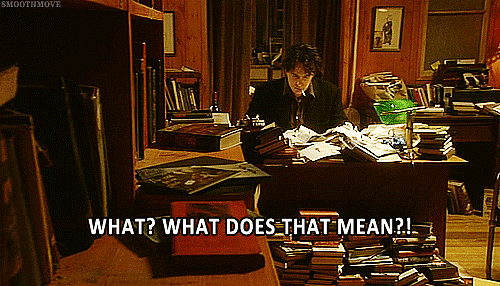
Do Any Celebs Own Bitcoins?
Why, yes. Although when it comes to famous faces and bitcoin, some win and some fail. Take the Winklevoss twins, the guys who claimed Mark Zuckerberg stole their idea for Facebook, who own almost $11 million in bitcoins (win). And Ashton Kutcher, who's raking in the bitcoins after his venture capital firm invested in a bitcoin pay network (win again). There are also important bitcoinaires who are sort of kind of famous.
But the sad story comes from singer Lily Allen, who years ago was asked to stream a live performance and get paid in hundreds of thousands of bitcoins. She said "as if" and now calls herself an idiot (ouch).
Is There Competition?
Yup, two of its main digital currency "competitors" are Litecoin and Ripple, which use a similar mining concept and also put a cap on the number of currency out there. But there's also Coinye, which is totally real even though Kanye West wants to shut it down for poking fun at him; and the 100 percent legit Dogecoin that started as a hilarious meme. Woof.
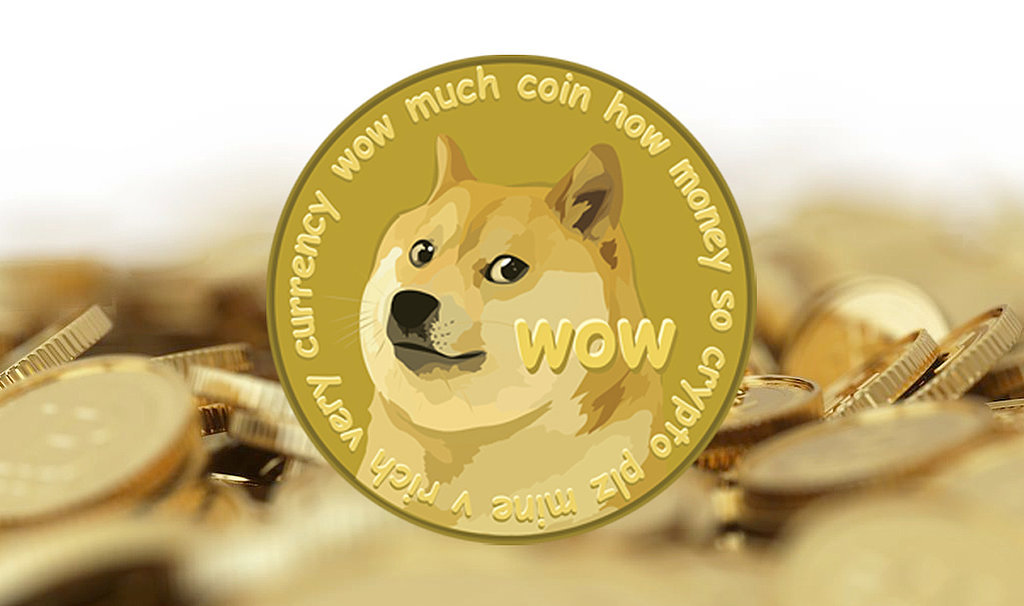
Is It Worth It?
Depends on whom you ask. The venture capitalist who thinks a single bitcoin will be worth $100,000 might say yes. But then there are people like Straus.
"Even the most ardent supporters of bitcoin view it as an experiment and super speculative from an investment perspective," he says. "And I agree completely. You only invest what you can afford to lose." And in this case, the investment ain't cheap.
So basically, it's like gambling: you never know.
Will They Ever Replace Dollars?
Unlikely. Its price volatility is a killer without regulation, says Straus. "Until that goes away, it won't be that useful."
Because of that fluctuation, because it's not insured by the government, because it's so hard to understand, because people are already used to dollars that they can actually touch, most people think of it as an extra currency rather than their main form of currency.
Sure, it has a long way to go. But it's still "a really exciting sign of all the things to come" in tech, says Straus.
Want more Bitcoin info? Check out this genius Mario Bros. video:
























































